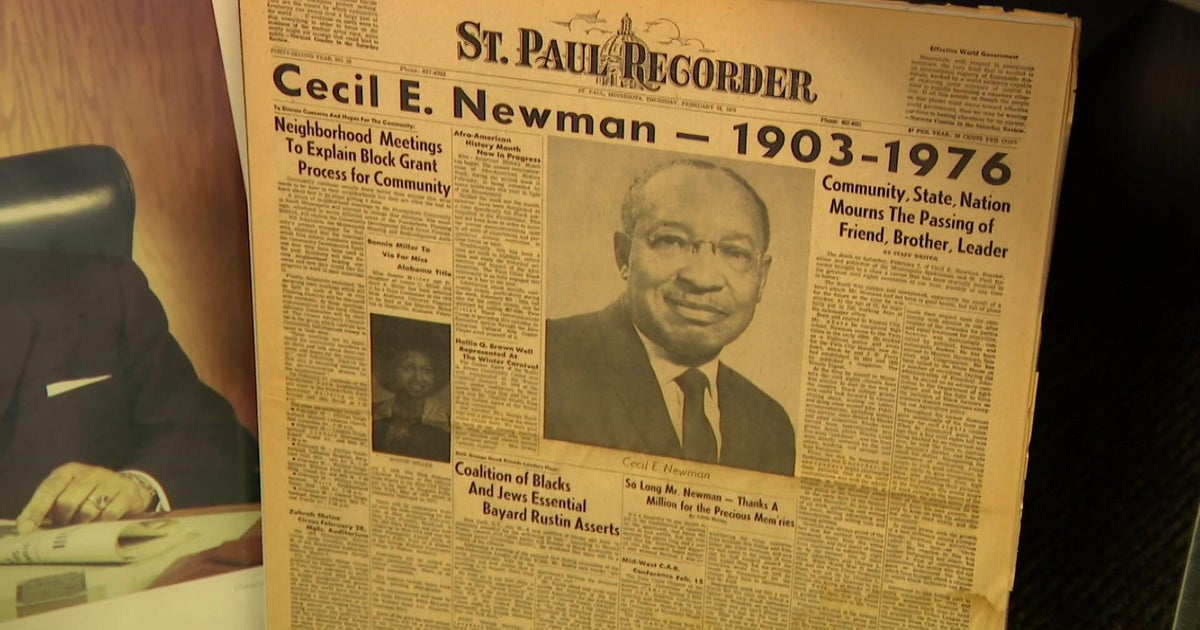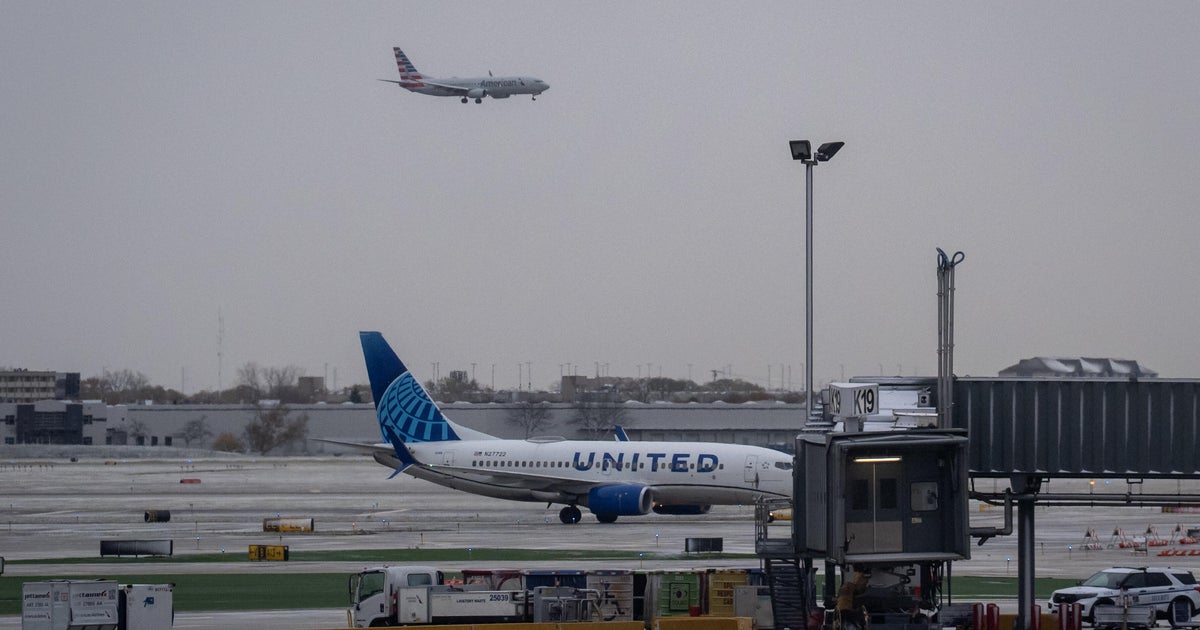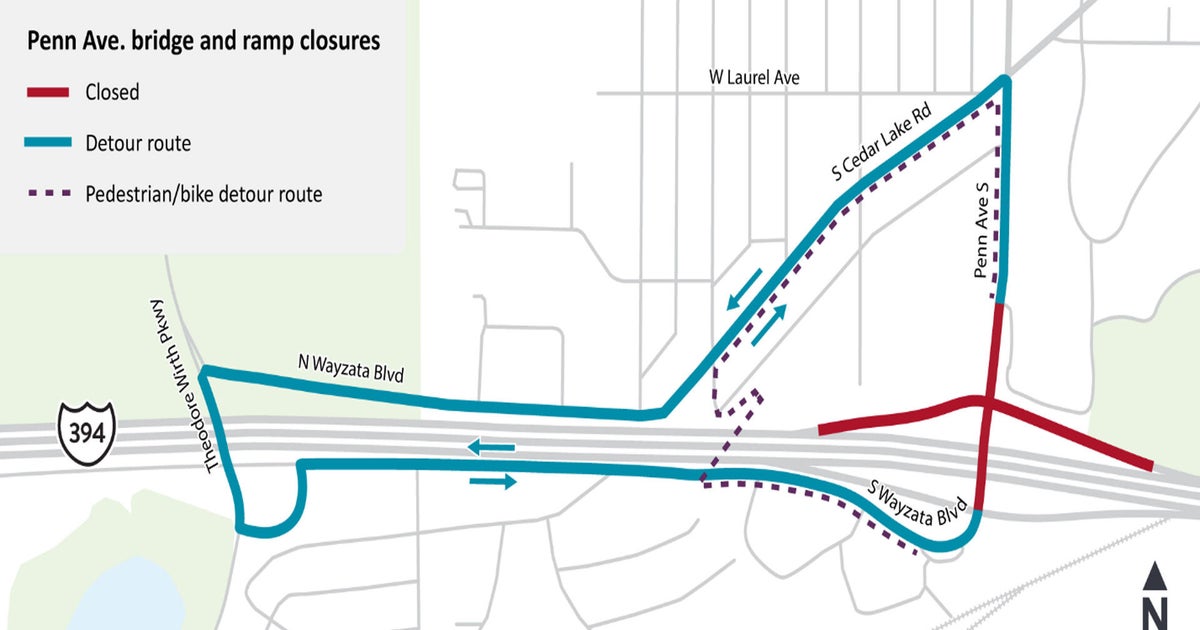Sustainable Airline Fuel production inching closer to reality in Minnesota
MINNEAPOLIS — A breakthrough in the fight against climate change is happening in Minnesota.
Last year, several leaders in the airline, energy, science and banking industries gathered in the Twin Cities to set a goal of operating the first large-scale sustainable aviation fuel (SAF) chain in the United States.
Minneapolis-St. Paul International Airport was picked as a SAF Hub due to Minnesota's "combination of air demand, existing biofuels infrastructure, a strong agricultural economy and strong research assets," Greater MSP CEO Peter Frosch said in 2023.
During a gathering at MSP Airport on Tuesday, Frosch reiterated the group's faith in the project, and faith in Minnesota.
"We're creating the future of flight from Minnesota, and this is just the beginning," Frosch said.
SAF is a safe and certified alternative jet fuel that can reduce lifestyle carbon emissions by 80%. According to Virgin Atlantic, it's made from items such as used cooking oil, non-food crops, solid waste and industrial waste gases. No retrofitting is needed for the fuel to be used in airplanes, and it can travel through existing pipelines.
But with the industry in its infancy, there isn't enough of it being produced right now to fuel the world's airline for a single week.
"We're going to blend it here, we're going to buy it here, we're going to make it here, and we're going to make it even better here," Frosch said.
When the Minnesota SAF Hub was created, partners made a goal for commercial aviation to reach net zero by 2050. That's a feat that doesn't happen overnight, but leaders on Tuesday were eager to announce several milestones toward making that dream a reality.
"Together I think that we're creating a one-of-a-kind model here in Minnesota. A lot of people around the world are talking about SAF, not too many are doing it," said Christophe Beck, Ecolab's chairman and CEO. "Once again, here in Minnesota, we're making it happen and we're changing the world for the better."
One of the highlights includes plans to develop the state's first SAF blending facility at a refinery in Rosemount that will blend up to 30 million gallons.
Another milestone is the establishment of SAF production with a grant that will convert an existing ethanol fuel facilty to an integrated alcohol-to-jet-fuel facility in Luverne.
The hub is also working to make SAF cost-competitive with pledges from prominent companies like Delta and Bank of America to purchase it. And leaders are working with the University of Minnesota to eventually make the fuel out of renewable feedstocks.
"This is a multifaceted effort of the state of Minnesota to lead on climate change, but it also is clearly smart business," said Minnesota Lt. Gov. Peggy Flanagan at Tuesday's gathering.
Last year, Delta pledged to use SAF for 10% of its fuel at MSP Airport by 2027, and half by 2035.








